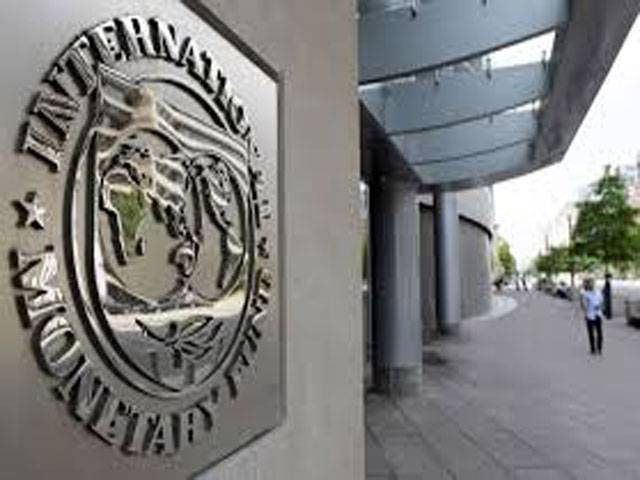ISLAMABAD - The International Monetary Fund (IMF) has noted that Pakistan has put in place an ambitious economic reforms programme aimed at reversing the current large fiscal deficits, fostering inclusive growth and addressing Pakistan’s short and medium-term problems.
According to IMF, Pakistan has already implemented key measures to ensure a strong start, including fiscal consolidation measures totaling 2 percent of GDP, adjusting electricity tariffs as part of a new comprehensive energy policy, reorienting monetary policy to rebuild foreign exchange reserves, in addition to reducing inflation, and launching a decisive tax enforcement program. These measures are expected to reduce the government budget deficit to sustainable levels, reduce crowding-out of private investment, and containing inflation over the medium-term.
Medium-term elements of the program included raising growth gradually to near 5 percent by 2015/16 as macroeconomic stability is entrenched and structural reforms are pursued, bringing inflation down to 6-7 percent range by 2015/16, from the current level of 8.3 percent, increasing central bank reserves to over 3 1/2 months of imports by 2015/16, reducing the fiscal deficit to 3 1/2 percent of GDP by 2015/16 from an estimated 8.0 percent in 2012/13, with provisional governments contributing their fair share of the fiscal consolidation process.
Similarly, liberalizing the trade regime and reforming public sector enterprises through restructuring and/or privatization, improving the business climate, strengthening the tax system and protecting the most vulnerable from the direct and indirect impacts of reform measures.
According to IMF note, Pakistan’s growth trajectory has borne the tolls of internal security and macroeconomic imbalances, as well as an uncertain global and regional environment. These factors, along with the country’s longstanding structural problems, mainly in the energy sector, have kept growth below the level needed to reduce poverty and absorb the growing labor force. Power outages, resulting from many years of financial and governance problems and averaging about 8-10 hours a day, together with devastating floods and a difficult security situation have contributed to the anemic growth. GDP growth has averaged only 3 percent over the past five years. Private domestic investment has dropped from 14 percent of GDP in 2007/08 to around 11 percent of GDP in 2012/13 due to a difficult business climate. With capital flows virtually drying up, central bank reserves have declined to critical levels, falling by some 45 percent in the past year alone. As of end June 2013, reserves stood at US$6 billion. Much effort is needed to boost confidence in order to attract foreign direct investment in line with Pakistan’s long-term growth potential.
Saturday, April 20, 2024
IMF happy with govt’s progress on economic reforms

Sargodha commissioner orders shifting cattle out of city
April 20, 2024
Oil jumps, equities fall as Iran blasts fan Mid East fears
April 20, 2024
LSE’s conference on management of Pakistan economy concludes
April 20, 2024
PHDEC announces launch of ‘Pilot Project on Mango Bagging’
April 20, 2024
A Tense Neighbourhood
April 19, 2024
Dubai Underwater
April 19, 2024
X Debate Continues
April 19, 2024
Hepatitis Challenge
April 18, 2024
IMF Predictions
April 18, 2024
Kite tragedy
April 19, 2024
Discipline dilemma
April 19, 2024
Urgent plea
April 19, 2024
Justice denied
April 18, 2024
AI dilemmas unveiled
April 18, 2024
ePaper - Nawaiwaqt
Advertisement
Nawaiwaqt Group | Copyright © 2024





